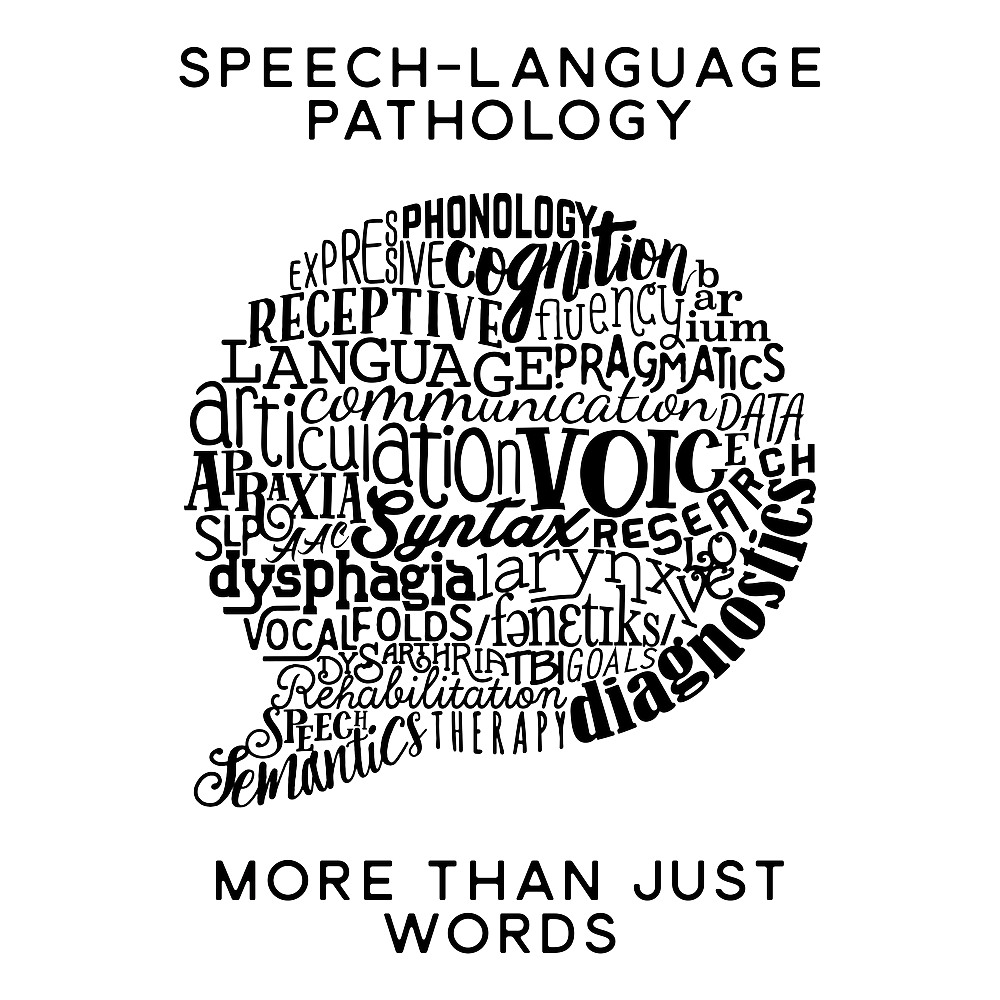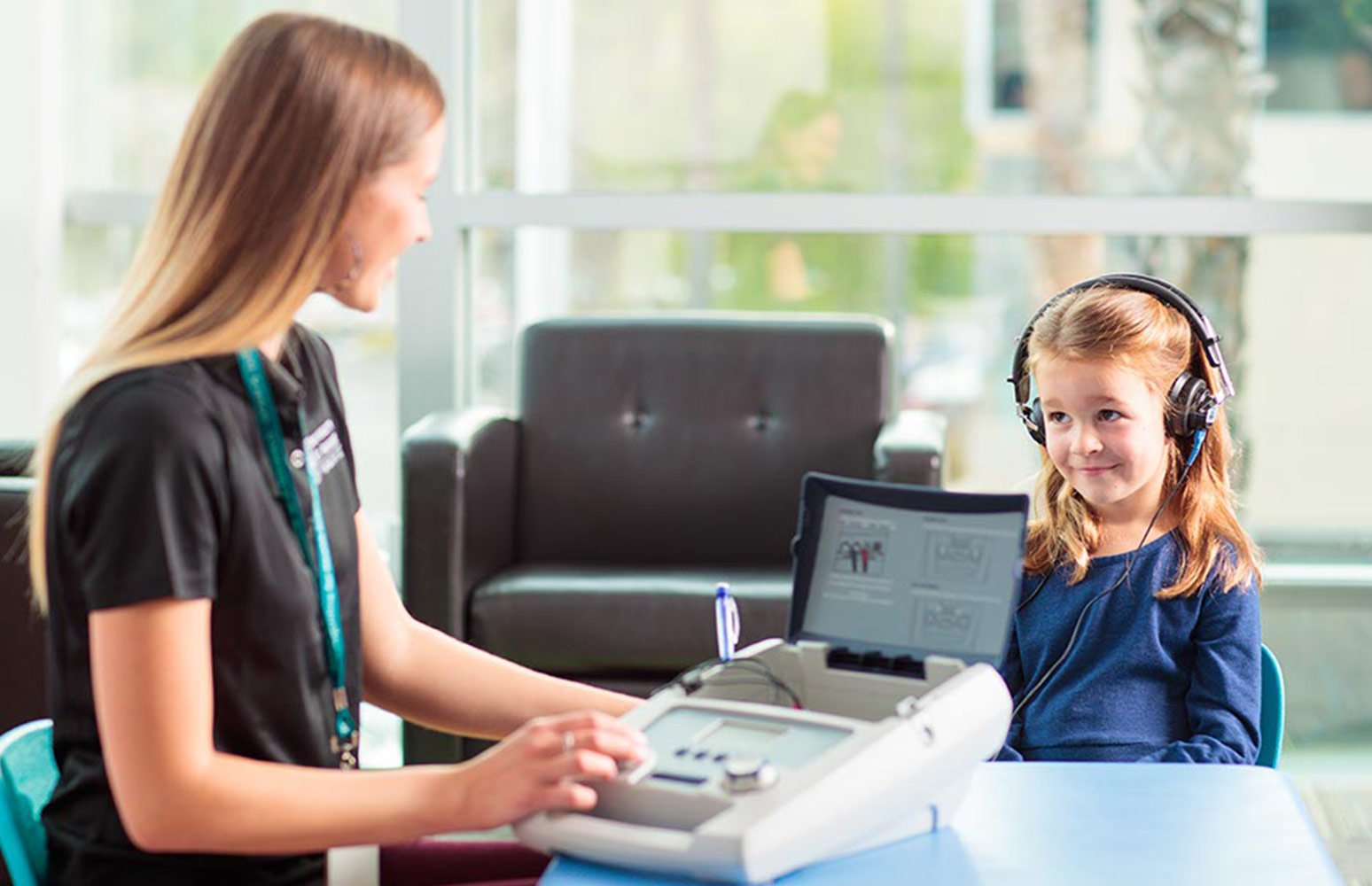The Role of a Speech Pathologist in Managing Speech Impairments
The Role of a Speech Pathologist in Managing Speech Impairments
Blog Article
Just How a Speech Pathologist Can Aid Improve Interaction Abilities
Reliable interaction is a cornerstone of personal and professional success, yet many individuals face obstacles that prevent their capability to express themselves clearly. A speech pathologist is equipped to address these barriers via targeted analysis and treatment methods tailored to every individual's needs. By employing evidence-based therapeutic strategies, they not just work to improve speech and language disorders but also boost general communicative skills. Comprehending the multifaceted duty of a speech pathologist discloses exactly how their know-how can change lives, inviting a more detailed exam of the certain techniques and outcomes connected with their method.
Recognizing Interaction Disorders
Recognizing communication conditions is essential for identifying just how they affect people' capability to share themselves and engage with others. Interaction problems include a wide variety of troubles that affect speech, language, and social communication, frequently preventing effective communication. These disorders can develop from various elements, consisting of neurological conditions, developmental hold-ups, physical problems, or psychological problems.
Speech disorders may show up as troubles in articulation, voice, or fluency manufacturing, affecting how words are obvious or talked. Language problems, on the various other hand, include difficulties in understanding or using language, which can hamper both spoken and non-verbal interaction. Social communication disorders are defined by problems in the pragmatic elements of interaction, such as taking kip down discussion or understanding social signs.
The consequences of communication disorders are profound, influencing not just the person's ability to convey thoughts and emotions but also their social connections, instructional possibilities, and total top quality of life. Recognition of these problems can cultivate compassion and assistance, urging effective techniques for communication and engagement. Understanding the intricacies of interaction conditions is an essential step towards promoting inclusivity and attending to the requirements of those impacted.
Role of a Speech Pathologist
Speech pathologists frequently play a vital duty in dealing with and detecting communication disorders, employing a variety of evidence-based strategies tailored to each person's requirements. These specialists deal with individuals throughout the life expectancy, from kids with speech delays to grownups recuperating from strokes or terrible brain injuries. Their expertise encompasses a range of communication concerns, consisting of articulation, voice, fluency, and language disorders.
In healing setups, speech pathologists use organized interventions designed to boost communication abilities. They may apply methods such as speech workouts, language games, and social interaction training to facilitate renovations in receptive and meaningful language abilities. Speech Pathologist. Furthermore, they educate customers and their families concerning effective interaction strategies and adaptive approaches to navigate daily interactions
Beyond straight treatment, speech pathologists collaborate with various other healthcare teachers, caretakers, and professionals to guarantee a detailed approach to treatment. They promote for customers by providing resources and support, enabling individuals to accomplish their interaction objectives and boost their overall high quality of life. As professionals in the area, speech pathologists are necessary in cultivating efficient communication, promoting freedom, and boosting social engagement for those with communication difficulties.
Evaluation and Medical Diagnosis Process
The evaluation and diagnosis process carried out by speech pathologists commonly involves a comprehensive assessment to determine interaction conditions precisely. This process begins with an in-depth instance background, where the medical professional collects relevant information about the individual's clinical, instructional, and developing history. Comprehending the context of the individual's communication problems is vital for a precise diagnosis.
Following the case background, speech pathologists use standardized tests and casual analyses to evaluate numerous elements of communication, including speech audio manufacturing, language understanding, expressive language, and social communication abilities. These evaluations are tailored to the person's age and certain issues, providing beneficial data for evaluation.
Observation is also a crucial part of the evaluation process, as it enables the clinician to see direct exactly how the private connects in all-natural settings. Furthermore, interviews go to my blog with household members and educators can offer insight right into the individual's interaction challenges throughout different atmospheres.
Once the analysis is complete, the speech pathologist synthesizes the searchings for to determine a medical diagnosis and recommend proper interventions. This detailed assessment procedure ensures that individuals receive targeted assistance customized to their distinct interaction needs, laying the foundation for efficient healing techniques.
Healing Strategies and Strategies
Many healing techniques and methods are used by speech pathologists to address a range of interaction problems successfully. One extensively utilized technique is expression treatment, which concentrates on correcting speech sounds with repeating and aesthetic signs. This method is specifically advantageous for individuals with speech sound conditions.
An additional reliable strategy is language treatment, which boosts both receptive and expressive language skills. This may involve interactive activities that promote vocabulary development, sentence structure understanding, and conversational skills. Furthermore, speech pathologists often use social skills training to improve pragmatic language abilities, allowing individuals to navigate social interactions more successfully.
Fluency shaping and stuttering modification techniques are specifically designed to assist those experiencing fluency conditions. These methods help clients develop smoother speech patterns and take care of the psychological and physical elements of stuttering.
Additionally, alternate and augmentative communication (AAC) systems are employed for people with extreme communication impairments. These systems, which can include motions, signs, or electronic devices, provide crucial assistance for efficient communication.
Advantages of Speech Therapy

In addition, speech treatment can aid in creating essential listening and understanding skills, fostering far better communication in conversations. Individuals with cognitive-communication conditions can Get the facts likewise benefit, as treatment concentrates on enhancing memory and problem-solving capacities, crucial for reliable communication.
Another essential facet is the psychological support given during therapy sessions. Speech pathologists develop a safe setting, motivating clients to get over stress and anxiety and irritation pertaining to their communication concerns. This support can bring about enhanced self-esteem and general psychological wellness.
In addition, early treatment with speech therapy can prevent more issues, making certain that people reach their complete communicative capacity. In general, the advantages of speech therapy prolong beyond simple speech improvement, favorably impacting different measurements of life for those influenced by interaction troubles.
Final Thought
In recap, speech pathologists play an important duty in dealing with interaction disorders with analysis, medical diagnosis, and tailored restorative treatments. By employing evidence-based methods, these specialists enhance individuals' speech and language capacities, cultivating improved clearness, fluency, and social he said communication abilities. The advantages of early intervention emphasize the importance of looking for assistance from speech pathologists, as their experience can considerably improve communicative possibility, inevitably leading to greater success in both personal and expert balls.

Speech pathologists often play an essential role in dealing with and diagnosing communication problems, employing a range of evidence-based methods customized to each person's needs. As professionals in the area, speech pathologists are essential in fostering efficient interaction, advertising independence, and improving social involvement for those with interaction obstacles.

Report this page